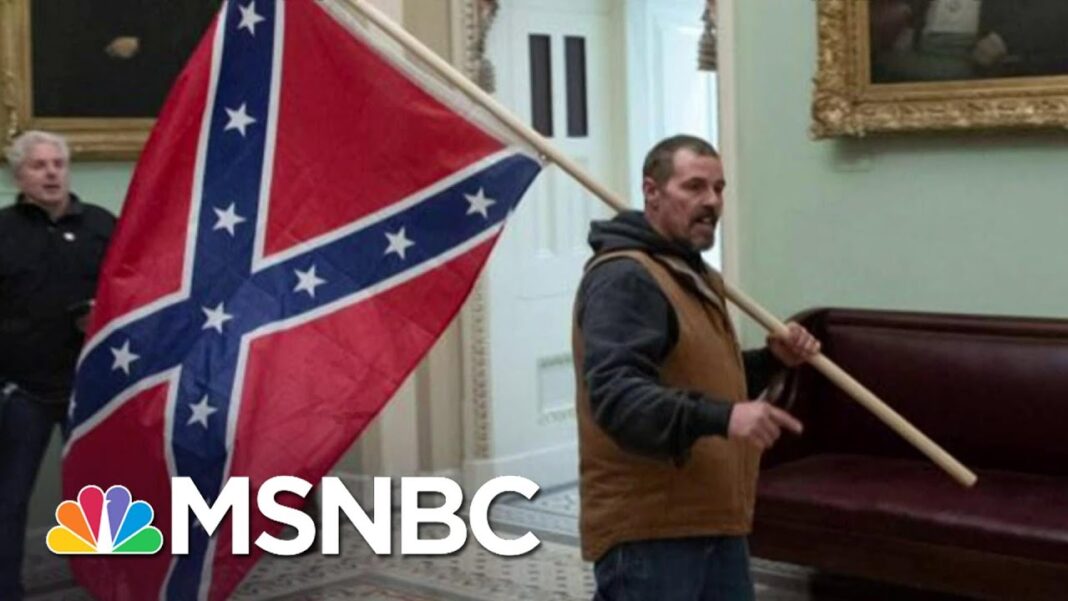‘We just work harder,’ says one Democrat organizer in a purple area.
MATTHEWS, N.C.—President Donald Trump’s national polling advantage has narrowed to less than one percent since he became the presumptive Republican nominee in the race for the White House.
In two Southern battlegrounds, Georgia and North Carolina, his lead looks stronger at five-and-a-half points and six points, respectively.
But can the region be written off as solidly Trump? The answer isn’t so obvious in key cities, counties, and polling places.
Local conservatives in an important purple patch in North Carolina worry their ground game is lacking.
On a pleasantly warm February day in Matthews, North Carolina, a thicket of campaign signs surrounded the local library. Inside, early voting was underway ahead of the state’s March 5 primary.
The site is at the intersection of blue America—heavily Democratic Charlotte—and the more Republican areas outside the city.
In 2020, the precinct went for President Trump by 50.38 percent over Joe Biden’s 47.48 percent. Just to the northwest, a nearby precinct went for Mr. Biden over President Trump by a similar margin.
While Democrats dominate Mecklenburg County as a whole, this is a purple patch, trending red as Charlotte fades in the distance.
It’s the sort of place that Turning Point Action’s Chase the Vote Initiative might ignore, even if the group was targeting North Carolina.
Turning Point Action wants to drive up Republican turnout in deep red areas of three battlegrounds: Arizona, Wisconsin, and Michigan.
A spokeswoman for the Republican National Committee (RNC) declined to comment on the party’s strategy for the suburbs of Charlotte.
Scott Presler of Early Vote Action, another organization focused on driving up Republican voter turnout, didn’t respond to requests for comment.
On the ground, conservatives sense weakness.
“Republicans have got to organize the grassroots to the same level [as] the Democrats,” a local GOP insider told The Epoch Times.
That sentiment was echoed by every Republican and conservative from the area who spoke with The Epoch Times.
Some also worried the RNC isn’t spending enough, even after Michael Whatley, former chair of the North Carolina GOP, took over the national party from Ronna McDaniel. Mr. Whatley’s Democratic counterpart, 26-year-old Anderson Clayton, just got a gushing profile from Vogue alongside other Generation Z Democrats in the South.







